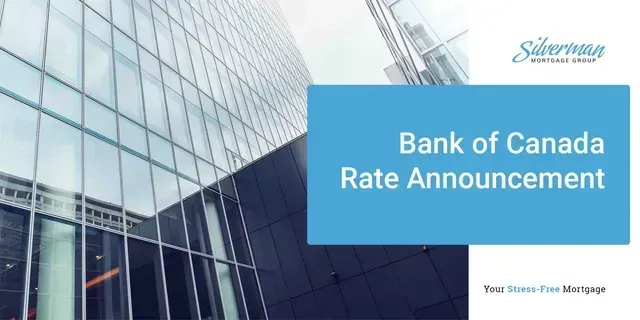Understanding Cashback Mortgage Costs
Zach Silverman | November 15, 2023
As the name implies, a cashback mortgage is similar to a standard mortgage, except that you receive a lump sum of cash upon closing. This lump sum will either be a fixed amount of money or a percentage of the mortgage amount, usually between 1-7%, depending on the mortgage term selected.
In the realm of mortgage options, cashback mortgages have gained popularity for the apparent immediate financial benefit they offer. While they might seem like a lucrative choice at first glance, especially for first-time homebuyers, it's crucial to consider the potential drawbacks. Banks aren’t altruistic; they’re in the business of making money by lending money. Securing a mortgage that provides you with cash back at closing will cost you a higher interest rate over your mortgage term.
Here are some key points to ponder before opting for a cashback mortgage:
- Higher Interest Rates:
Cashback mortgages often come with slightly higher interest rates compared to traditional mortgages. The upfront cashback might be tempting, but it could cost you more in the long run through increased interest payments over the life of the loan.
- Limited Flexibility: Cashback mortgage terms may be less flexible than standard mortgages. In addition to paying a higher interest rate to cover the cost of receiving the cashback at closing, a cashback mortgage also limits your options down the line. If you need to break your mortgage mid-term, depending on the conditions set out in your mortgage contract, you’ll most likely be required to either pay all of the cashback received or at least a portion, depending on how long you’ve had the mortgage. In addition to repaying the cashback, you’d also be required to pay a penalty for breaking the term early. Sufficed to say, should you need to pay out your mortgage early, breaking your cashback mortgage will be costly. This lack of flexibility can also be restrictive if you plan to make additional payments or pay off the mortgage early, as penalties for breaking the terms could be substantial.
- Impact on Equity: The upfront cash received from a cashback mortgage may lead to a lower initial equity stake in your property. This reduced equity could limit your financial options in the future, such as using your home's equity for other investments or leveraging it for additional financing.
- Potential for Negative Amortization:
Some cashback mortgages may allow for negative amortization, where the monthly payments are not sufficient to cover the interest costs. This can result in the outstanding balance of the mortgage increasing over time, rather than decreasing.
- Limited Lender Options: Not all lenders offer cashback mortgages, limiting your choices when shopping for the best mortgage terms. This lack of competition could result in less favorable conditions for the borrower.
- Short-Term Gain, Long-Term Pain: While the immediate cashback can be attractive, it's crucial to assess your long-term financial goals. The short-term financial boost may not outweigh the potential downsides of higher interest rates and reduced equity in the years to come.
Eligibility for a cashback mortgage.
Simply put, a cashback mortgage isn’t for everyone. This is a mortgage product that has tougher qualifications than standard mortgage financing. Any lender willing to offer a cashback mortgage will want to see that you have stable employment, a fabulous credit score, and healthy debt service ratios. If your mortgage application is in any way “unique,” the chances of qualifying for a cashback mortgage are pretty slim.
Get independent mortgage advice.
So while a mortgage that offers a cash incentive upon closing might initially seem like an attractive offer, before committing to a cashback mortgage, it's advisable to carefully analyze your financial situation and consider consulting with a mortgage professional. Understanding the terms, potential penalties, and long-term implications is essential to making an informed decision that aligns with your financial objectives. Remember, the right mortgage for you is not just about immediate gains but about ensuring a stable and sustainable financial future.
If you’d like to discuss what a cashback mortgage or any other mortgage product would look like for you, please get in touch with our team here at Silverman Mortgage. It would be a pleasure to work with you.







